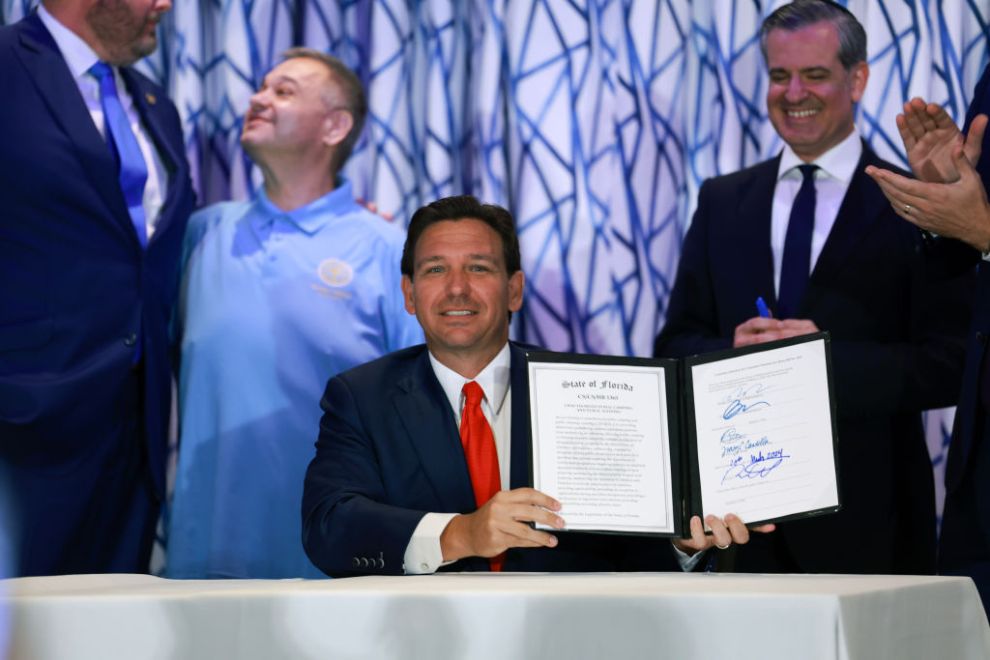Florida Governor Ron DeSantis signed a bill last week that’s expected to create tension with the tech industry. The controversial law restricts kids under the age of 14 from social media platforms, and DeSantis is ready to defend in court, according to Attorney General Ashley Moody during a recent event in Jacksonville.
The bill, also known as HB 3, was a top priority for the legislative session and had the backing of House Speaker Paul Renner. Limit social media access for kids under 16, except for 14- and 15-year-olds with parental permission. The idea is to shield youngsters from harmful effects such as addiction and potential contact with predators.
Tech industry groups like NetChoice oppose the law, stating that it violates the First Amendment rights. Some individuals claim that mandatory data collection is unconstitutional and risky, as it can lead to privacy breaches.
Renner supports the bill and highlights its aim to reduce the addictive aspects of social media rather than regulating its content. He’s confident it’ll pass the constitutional test, stressing that it’s all about protecting kids from being glued to screens for hours.
DeSantis vetoed an earlier version of the bill but hashed out a revised plan with Renner that allows parental consent for 14-—and 15-year-olds and drops age verification requirements for adults.
Instead, the new plan threatens social media platforms with lawsuits for breaching age restrictions, a move aimed at ensuring compliance without extra red tape. This tactic is no stranger to the tech industry, which previously fought a similar battle over Florida’s 2021 social media law, currently tied up in federal courts.
Renner anticipates another legal showdown, but he’s unwavering in his conviction that Florida’s got this one in the bag. For him, it’s all about safeguarding kids in the digital age, even if it means facing off against tech giants in court.
In addition to social media, the bill also addresses another digital minefield: minors’ access to online pornography. This aspect received less attention, but it is part of Florida’s broader efforts to protect children from harmful online content.

